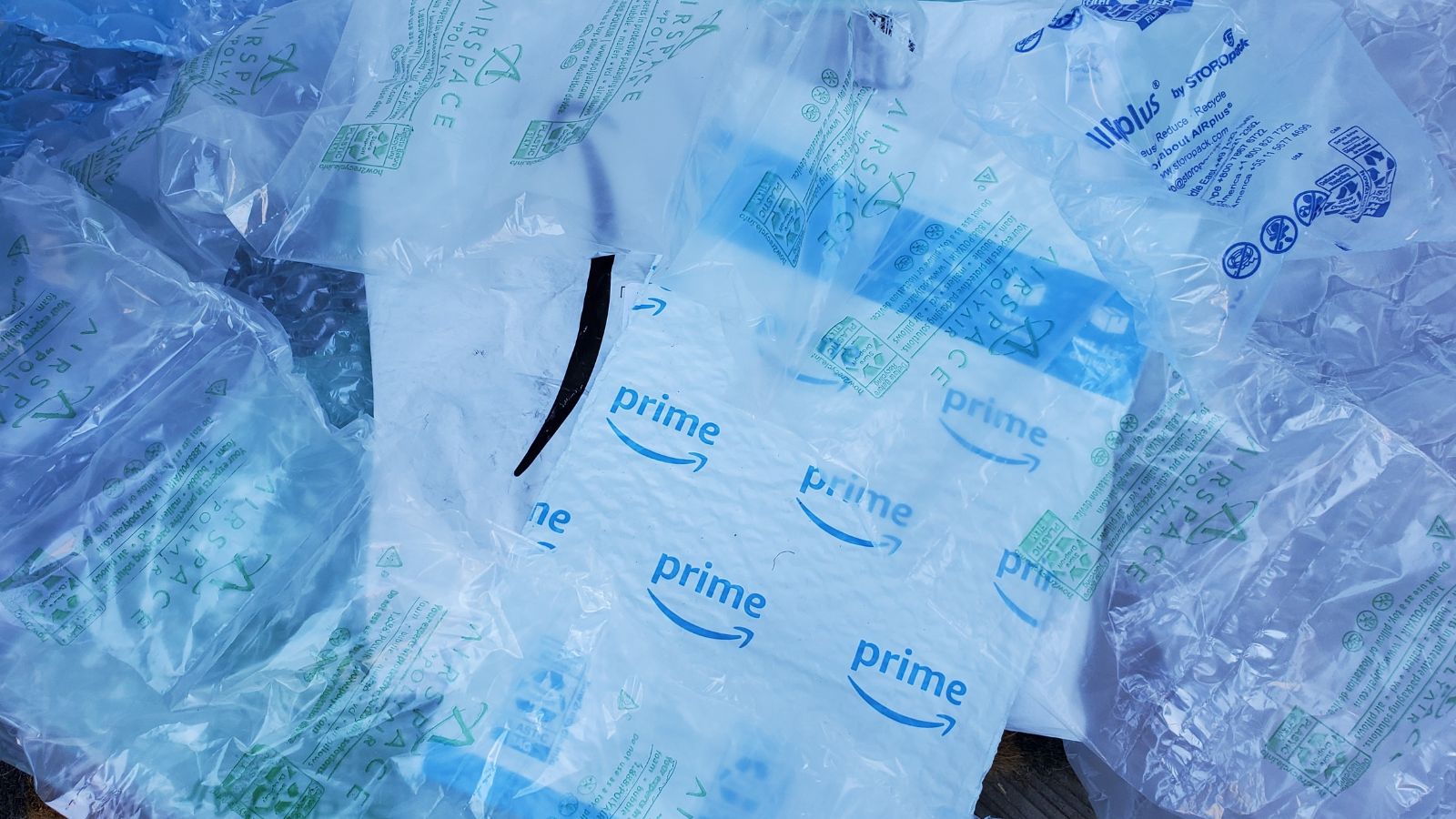
Five things the Oregon legislature can do to tackle plastic pollution in 2023
Here are five policies that the Oregon legislature could pass in 2023 to prevent plastic pollution and help create an economy in which we produce less waste, build products that last and can be reused or repaired, and recycle the rest.
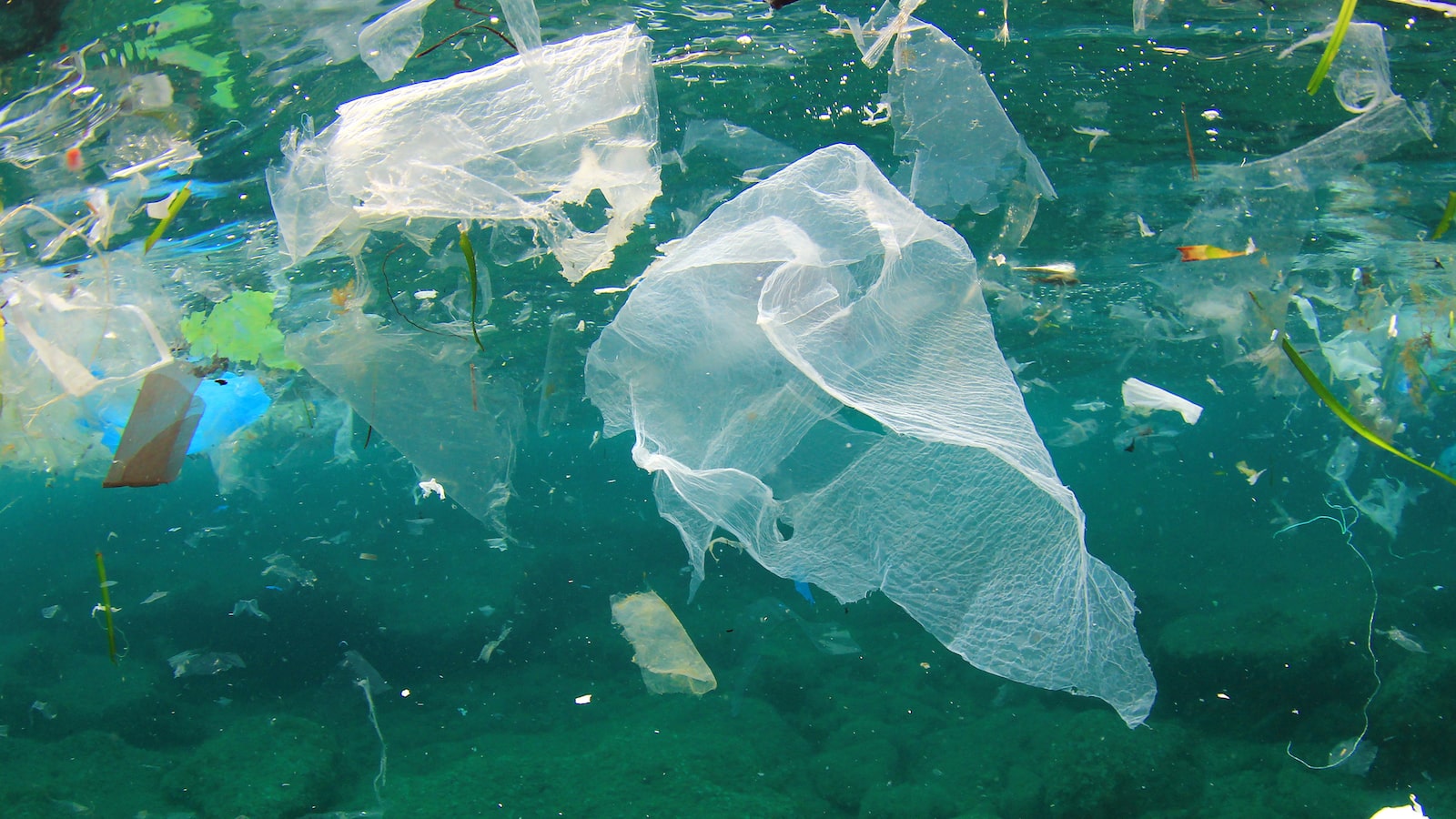
Our country has a waste problem. Natural resources are continually extracted to produce goods that are used – often just once – before they are thrown into landfills, incinerators or the natural environment. This system of consumption and disposal results in the waste of precious resources and in pollution that threatens our health, environment and the global climate.
In particular, plastic pollution in our environment, especially our oceans, is of growing concern. Plastic is a material that doesn’t biodegrade, builds up in our environment and threatens wildlife. Maybe you’ve seen the video of a sea turtle with a plastic straw stuck in its nose, or the headlines about whales washing ashore with stomachs full of plastic. With so much plastic pollution floating in the ocean, it’s too easy for wildlife to mistake it for food — and too often, they pay the price with their lives. Nothing we use for a few minutes should pollute our environment and threaten wildlife for hundreds of years.
To protect public health and the environment, conserve natural resources and landscapes, and help address the climate crisis, the Oregon legislature can build on its legacy of environmental stewardship in 2023 by:
Phasing out polystyrene foodware and PFAS in food packaging
One of the most egregious single-use plastics is polystyrene, more commonly known as Styrofoam, which is typically not reused, is not accepted in curbside recycling and is one of the top items found polluting Oregon’s beaches. A proposed bill would ban polystyrene foodware, coolers and packing peanuts, as well as phasing out PFAS, a toxic “forever chemical,” from food packaging, which has been linked to thyroid, kidney, and ovarian cancers.
Reducing plastic at the source
This proposed bill requires producers to reduce the amount of single-use plastic packaging and foodware by 25% over the next decade. If your bathtub is overflowing, you wouldn’t start by bailing out the water, you’d start by turning off the tap. We need to turn off the plastic tap and reduce the amount of single-use plastics entering the market in the first place, resulting in less plastic production, less greenhouse gas emissions, and less pollution.
Legalizing reusables
Many shoppers, and even some businesses, are not aware that Oregon’s Health Code does not allow for consumer or store-owned reusable containers to be used in bulk sections or for produce. A proposed bill would establish legal reuse systems and opportunities under Oregon’s Health Code for consumers and businesses alike to transition away from harmful single-use items.
Preventing the permitting of new or expanded “chemical recycling” facilities in Oregon
So-called “chemical recycling” is a false solution to our plastics problem, which exacerbates the climate crisis and distracts from real solutions like reducing plastic production and transitioning to a zero waste system. We support restricting the expansion of these facilities in Oregon.
Giving Oregonians the right to repair
We generate way too much waste, and companies use their power in the marketplace to make things harder to repair, locking us into buying more and more. This only adds to the amount of waste going to landfills. A proposed bill would give every Oregonian and every small business access to the parts, tools, and service information they need to repair products.
In 2019, the Oregon legislature passed a statewide ban on single-use plastic bags because thousands of Oregonians made their voices heard and urged legislators to put wildlife over waste. And in 2021, Oregon became the second state in the country to make producers financially responsible for the waste their products become.
We have a great opportunity in 2023 to continue to prevent plastic pollution, but we can’t do it without you.
Topics
Authors
Celeste Meiffren-Swango
State Director, Environment Oregon
As director of Environment Oregon, Celeste develops and runs campaigns to win real results for Oregon's environment. She has worked on issues ranging from preventing plastic pollution, stopping global warming, defending clean water, and protecting our beautiful places. Celeste's organizing has helped to reduce kids' exposure to lead in drinking water at childcare facilities in Oregon, encourage transportation electrification, ban single-use plastic grocery bags, defend our bedrock environmental laws and more. She is also the author of the children's book, Myrtle the Turtle, empowering kids to prevent plastic pollution. Celeste lives in Portland, Ore., with her husband and two daughters, where they frequently enjoy the bounty of Oregon's natural beauty.
Find Out More
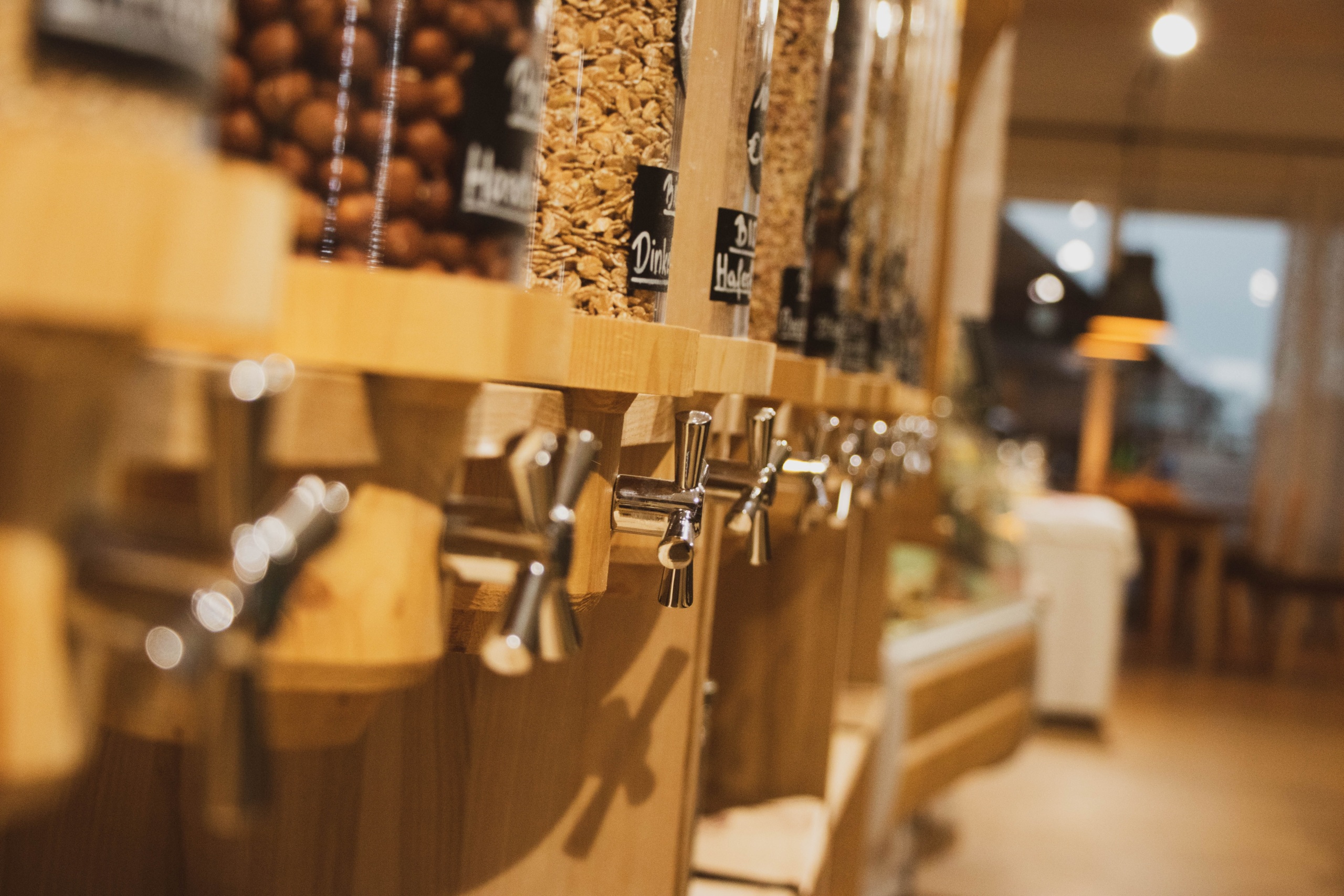
Ditch plastic packaging: Shop at your local refillery
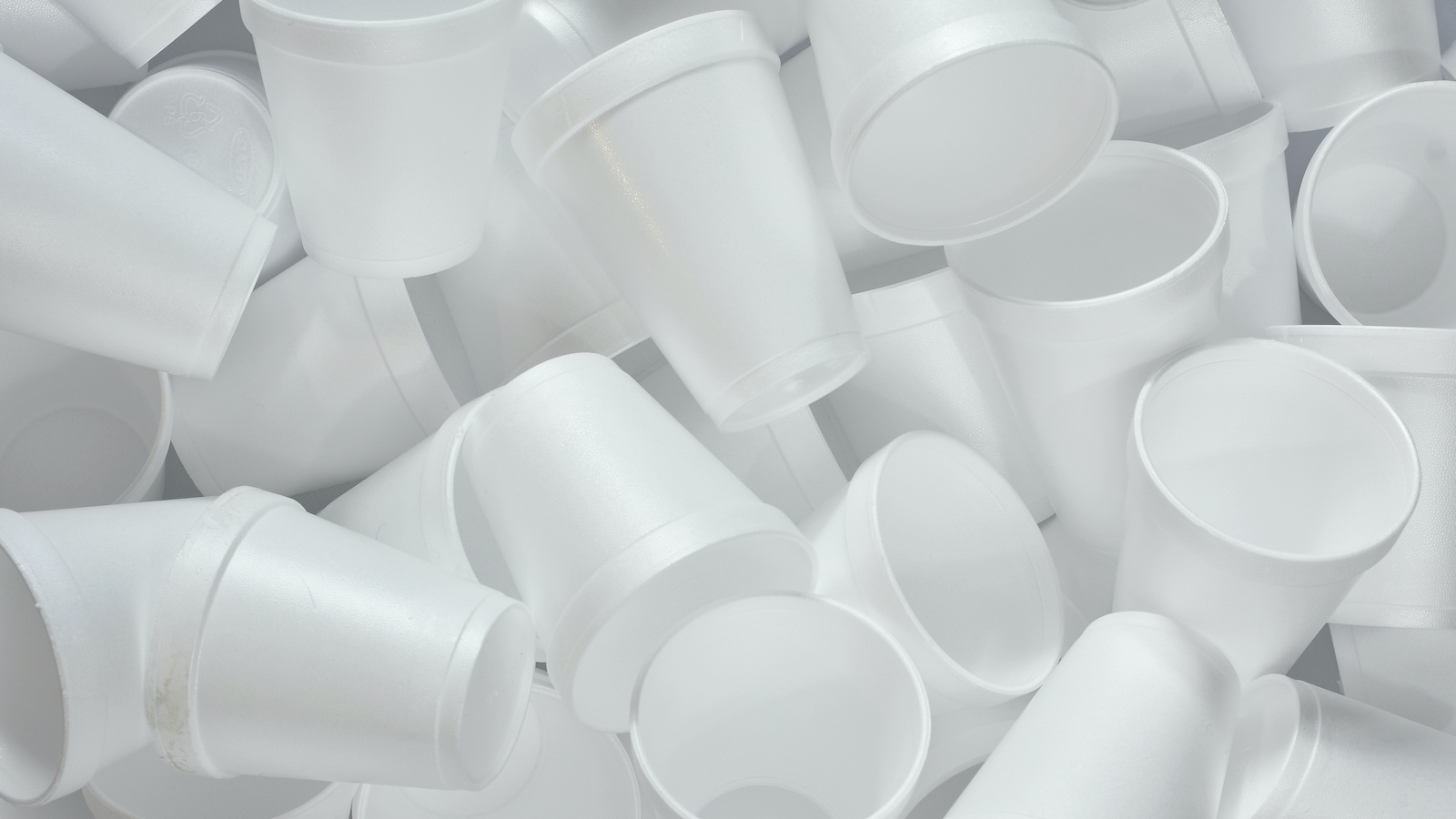
Agilyx, the “chemical recycling” facility in Tigard, is closing its doors. Here’s why that’s a good thing.
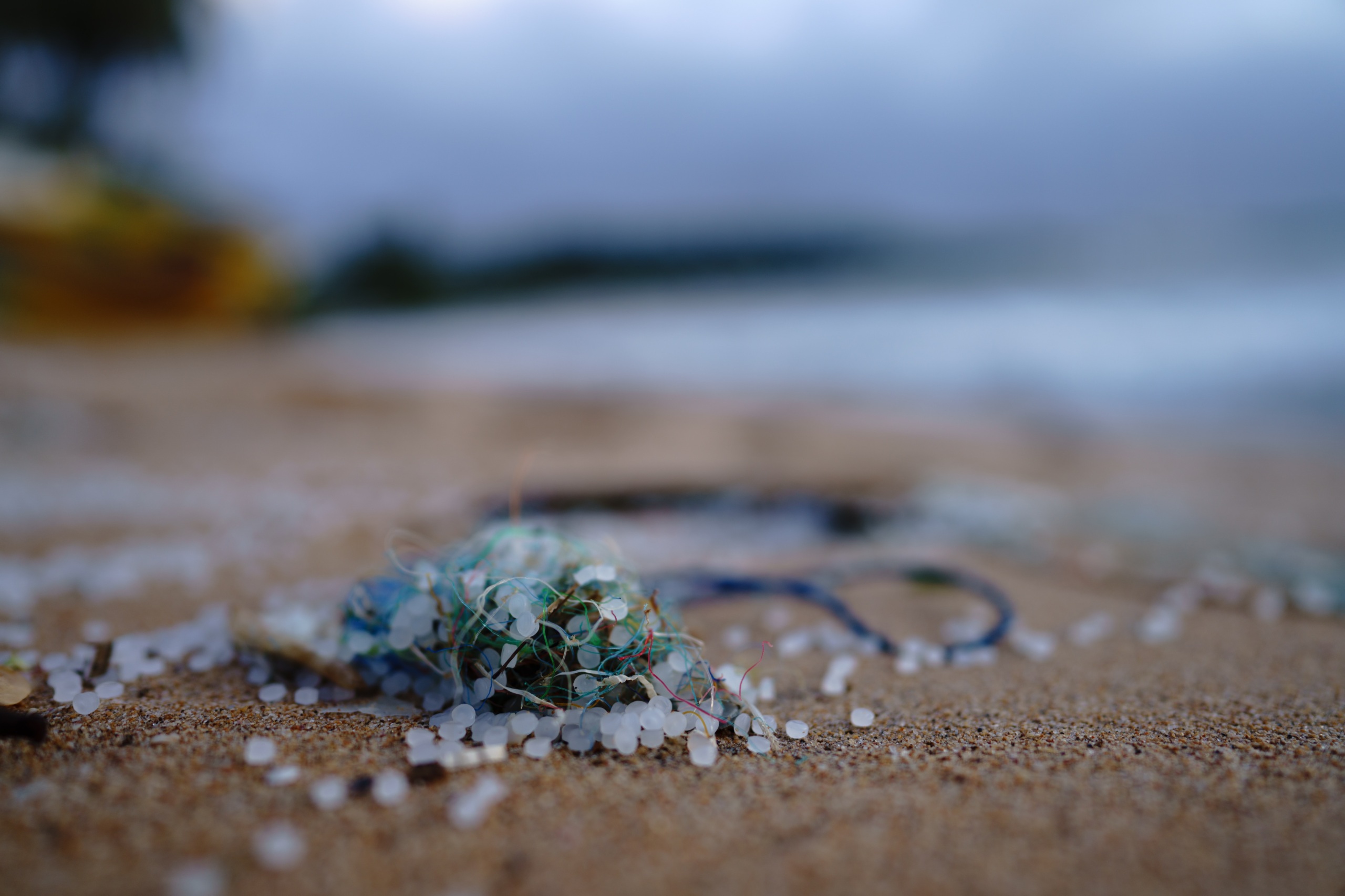
Millions of tiny plastic pellets are being dumped into our waterways
